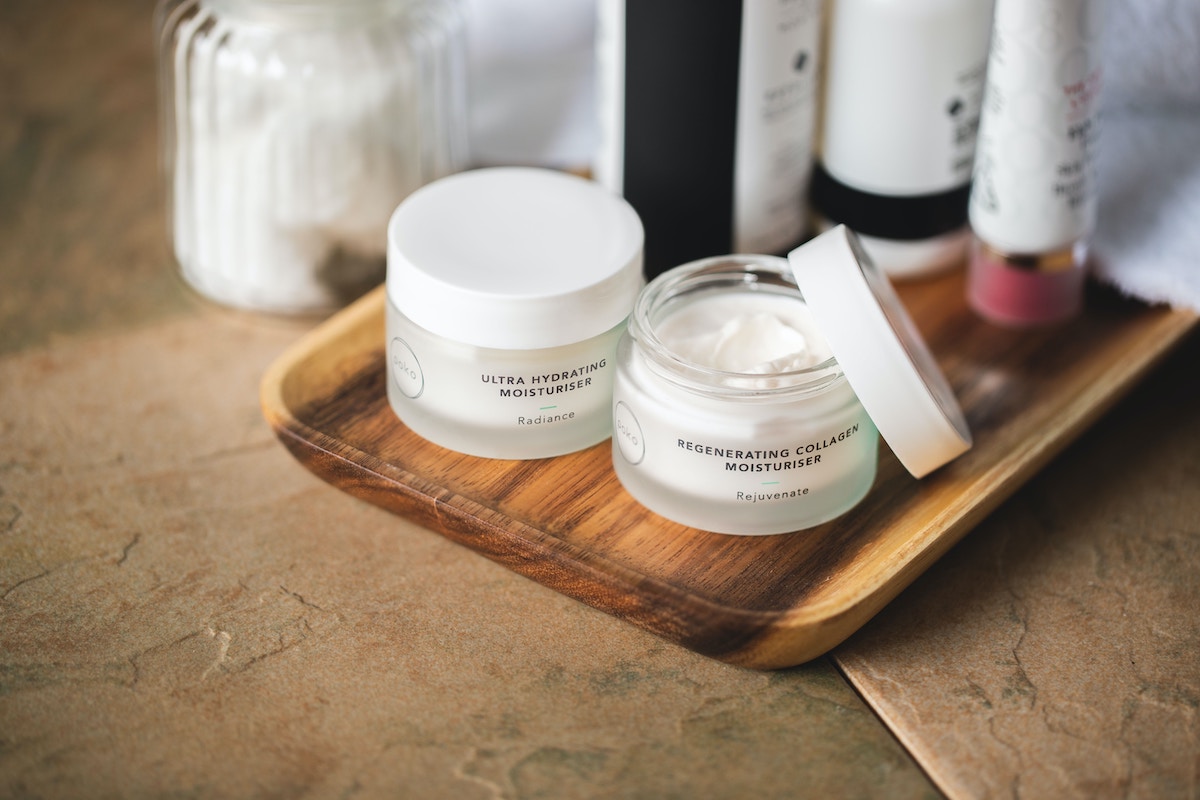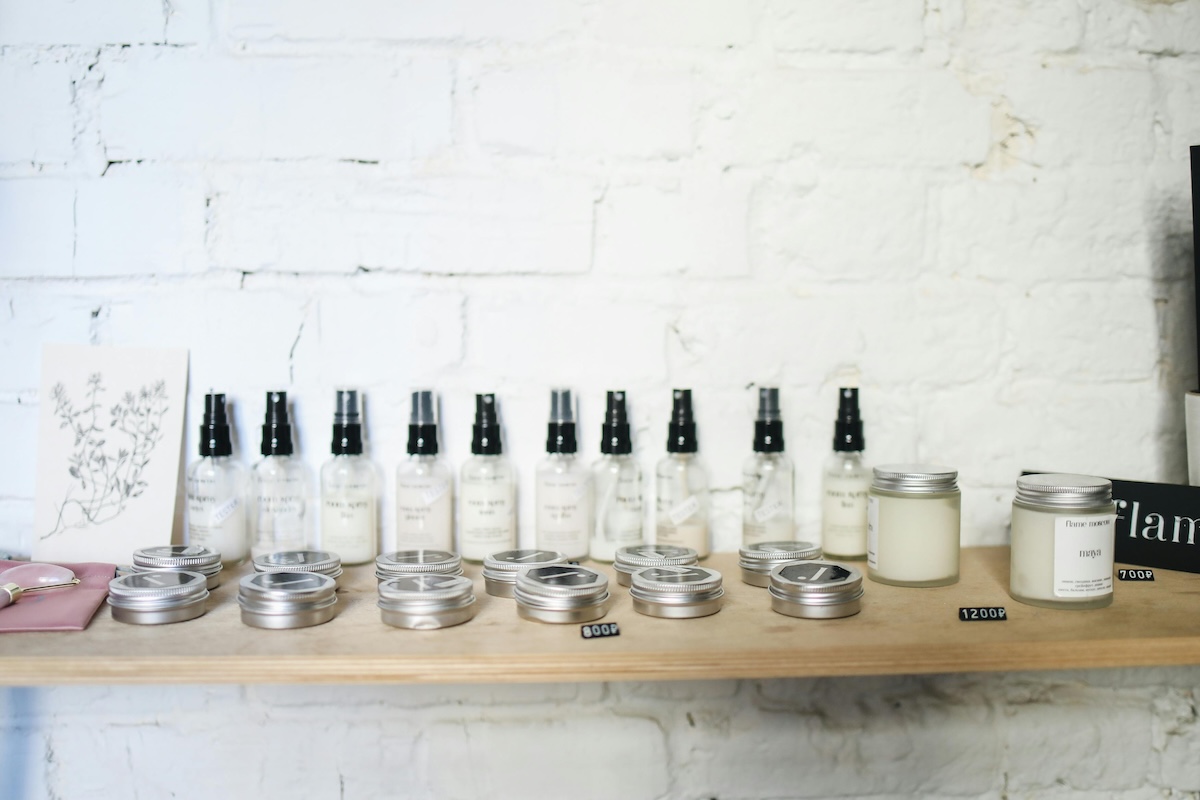You wake up, look in the mirror, and find yourself doing a double-take—and not for good reasons. You may notice your skin looks rather blah and even gray — isn’t hair what goes gray? While all the talk of achieving “radiant skin” often targets women, men may also want a glow, not merely during the summer months. However, dull skin may be standing in the way.
Having dull skin can also be about more than looking your best (though there’s no shame if that’s your primary pain point). Sometimes, dull skin includes side effects like patchiness, increased sensitivity, itchiness, and flakes. None of these symptoms will make you feel your best, either.
What gives? Knowing the common causes of dull skin and solutions can empower you to take control of your skincare. These insights and tips will put you on the path to achieving a summer glow all year round.
What causes dull skin?

A person may have dull skin for any number of reasons. Sometimes, a combination of factors can cause this issue. By pinpointing the cause or causes of your dull skin, you can take the right action to brighten your look.
- Climate. If you live in a dry climate, your skin may follow suit. While dry weather can often happen during the summer — hence, droughts — don’t discount the effects winter climates can have on the skin. The dry air produced by indoor heat can also affect the skin. When the skin is tired, you may notice dullness rather than radiance.
- Your skincare routine needs work. Dead skin cells from slow turnover, dry skin, and sun damage can all trigger a “blah” look. You may need to add some steps to your skincare routine — potentially daily. Exfoliating, moisturizing, and wearing sunscreen (even in rainy weather) can all reduce the risk of lifeless skin.
- Lifestyle. Poor sleep, smoking, and alcohol don’t do the body much good, and the skin is the largest organ.
- Aging. Mentioning this reason may illicit an eye roll. Aging always seems to come up when discussing skincare issues. However, aging can cause many of the effects mentioned above. Our skin becomes less moist as we rack up the birthdays, making fine lines and wrinkles more visible. Also, cell turnover slows, and the skin barrier thins. Enter dull skin. Aging is one factor you can’t control — growing older is part of living a full life. However, some steps can help slow the hands of time as much as possible.
How to brighten dull skin

Ready to breathe life back into your skin? You’ve got options.
- Drink water. While the science is wonky on whether drinking water helps hydrate skin, the body doesn’t operate in a vacuum. Remaining hydrated keeps the body running smoothly, including the skin.
- Take lukewarm showers. The sun isn’t the only thing that can burn the skin. Piping-hot showers may sound luxurious, but they can burn the skin and prompt a lifeless look. Stick to lukewarm water (or even cold if you’re feeling trendy).
- Exfoliate. Slow dead skin cell turnover is a common cause of dull skin. Exfoliating helps you nix dead skin, allowing plump skin cells to emerge and give you a radiant complexion. The best exfoliant (and frequency) will depend on your skin. Sensitive types may do best with a gentle exfoliating cleanser and a washcloth once per week. In contrast, others may do well applying a chemical product containing glycolic acid every other day or so. Exfoliant masks also exist (and boast an at-home spa day feel).
- Cleanse. Apply a gentle cleanser twice daily to prevent build-up and dirt contributing to dull skin (and breakouts).
- Moisturize. Moisturize twice daily after cleansing to help the skin look and feel soft, smooth, and radiant. Consider one with hyaluronic acid, which allows the skin to retain moisture.
- Lifestyle. Sleep.is.restorative. Your skin may look tired because you are tired. Sleeping a solid seven or more hours can do wonders for your body and mind. Also, kick your smoking habit (if applicable) and limit drinking alcohol (or stop altogether).
- Stress. If stress keeps you up, try stress management techniques like breathing, meditation, and yoga. These can be challenging to make work (and take time). If you’re struggling with stress, there’s no shame in seeking help from a mental health professional, especially if sleep is impacted.
- Talk to a dermatologist. If not of the above work, consider speaking with a dermatologist. You may want to take this step before trying products, especially if you have sensitive skin or a condition like eczema.
Summary

Dull skin can be deflating and potentially annoying. The skin looks lifeless, and you may notice flaking, redness, and irritation. Flakiness and irritation may be traits you try to avoid in humans, but now you have to live with skin with these issues. The good news is that many reasons for dull skin are fixable, such as dryness, slow skin cell turnover, or lifestyle habits. Exfoliate regularly and cleanse and moisturize skin twice daily to speed up skin cell turnover and keep skin clean and try. Lifestyle habits, like not smoking, drinking in moderation, and getting adequate sleep, can also breathe new life into the skin. One factor you can’t change? Aging. However, a good skincare routine and overall lifestyle can slow the hands of time. A dermatologist can provide you with customized advice and product recommendations.




